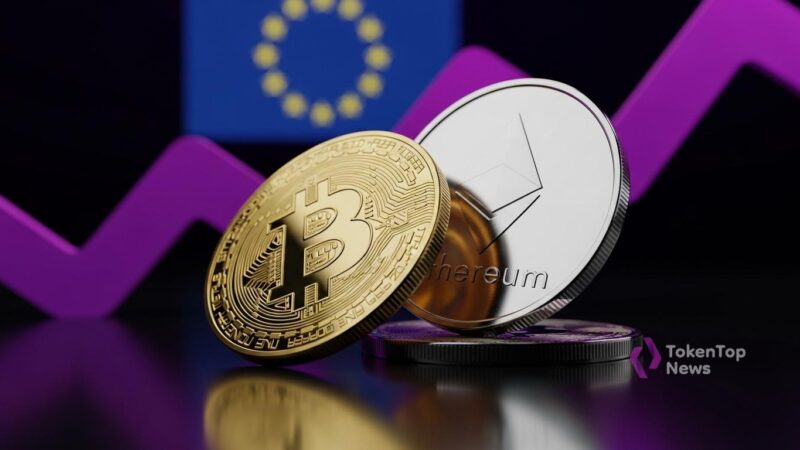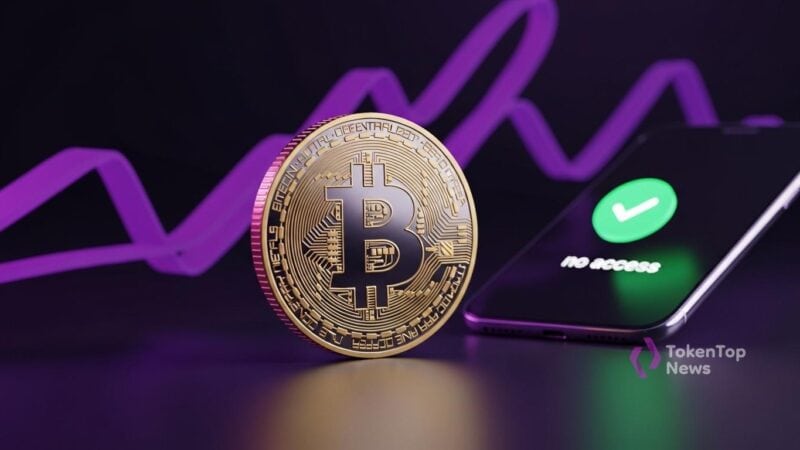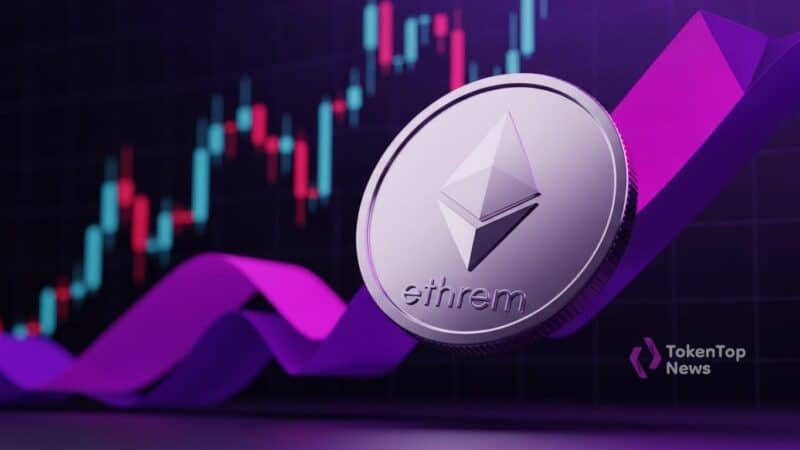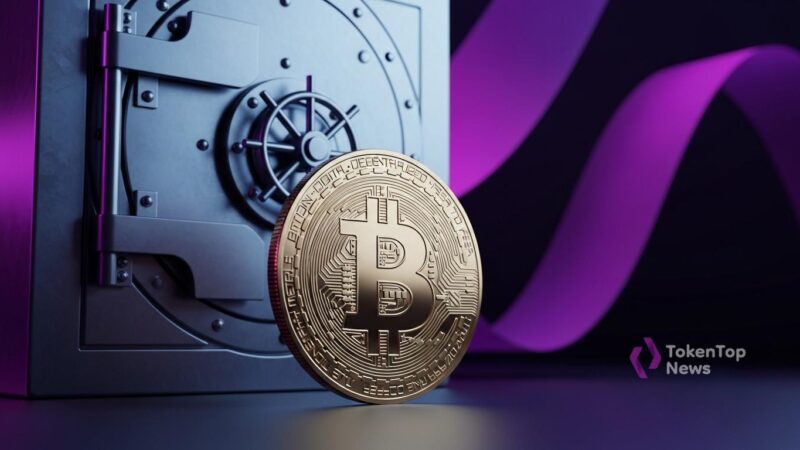Vitalik Buterin Converts Meme Coins to USDC Again
- Vitalik Buterin sells unsolicited meme coins for USDC.
- Proceeds total around $14,200.
- No broader market impact on ETH or BTC.
Ethereum ETH +0.00% co-founder Vitalik Buterin sold unsolicited meme coins received through airdrops, exchanging them for approximately 14,216 USDC on a decentralized swap on November 1, 2025.
Buterin’s actions reflect his ongoing effort to remove unsolicited tokens, sparking minor market reactions and reaffirming his stance on unsolicited airdrops.
Vitalik Buterin, co-founder of Ethereum, has sold freely acquired meme coins from unsolicited airdrops, converting them into approximately 14,216 USDC through the decentralized swap platform, LiFi Diamond. The action aligns with his historical practice.
Buterin remains the sole actor in this transaction. He has consistently divested unsolicited tokens from airdrops, discouraging projects from sending tokens without consent. This event reflects his ongoing strategy against random meme coin airdrops. As Buterin commented, “Please don’t send large quantities of random tokens to my wallet ‘for the meme’.”
The sale involved over 275 trillion CAT tokens, amongst others. Market data shows a slight price dip of ~0.8% for CAT following the sale, but no major disruptions in broader DeFi or established digital asset markets like ETH or BTC.
Buterin’s actions reportedly follow his previous critiques of low-value tokens, seeking to maintain market integrity by managing unwanted airdrops. Such trades have only minor financial effects, underscoring the non-significant involvement of institutional funds.
This event adds to a series of similar actions by Buterin, impacting only meme coin fluctuations. The lack of direct institutional response or regulatory scrutiny highlights its limited scope in affecting broader industry dynamics.
Analysts suggest these actions serve as a market cleansing influence, potentially discouraging future unsolicited airdrops. Despite temporary volatility in meme coins, Buterin’s transactions illustrate a pattern of declining tolerance for speculative spam.




